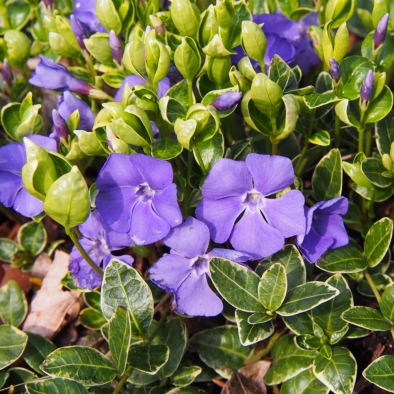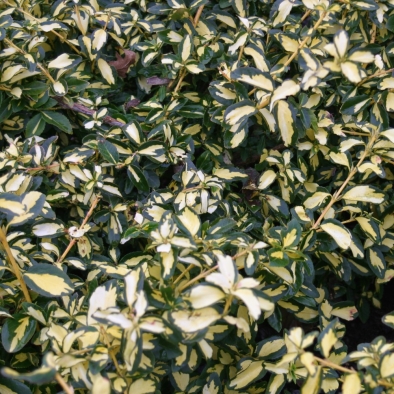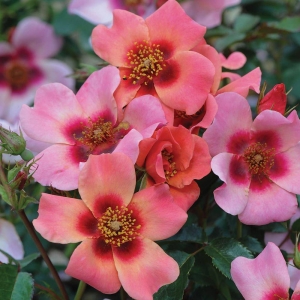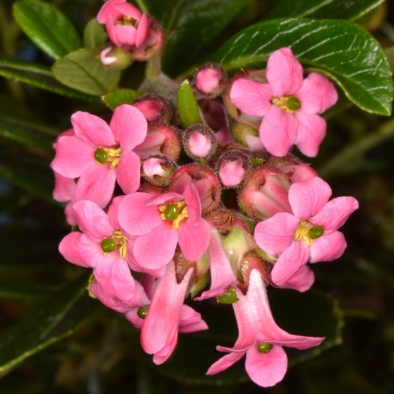Our final postage date for online plant orders has now passed. Orders made after 15th December will be dispatched from 6th January 2025.

Type
- Herbaceous
- Evergreen/Semi evergreen perennial
Flowering time
- Spring
- Autumn
- Winter
Flowering colour
- Rose Red
Positon
- Part Shade
- Full Shade
- Part Sun
Soil
- Chalk, Clay, Loam tolerant
- PH neutral or alkaline
- Moist but well-drained
Hardiness
- Fully hardy
- RHS H7 rating
Final height
- 50cm
Final spread
- 60cm
Suitable for
- Direct soil planting
- Container planting
Other
- Pest resistant
- Great ground cover
- Great in borders
- Easy to grow
- Flowers for cutting
- Vibrant foliage
- Plant for shade
Human & pets interaction
- Harmful if eaten
Helleborus ‘Ice N’ Roses® Rose’ – 3 litre pot
Otter Price: £16.99
Ice N’ Roses® Rose’ flowers from December through to late Spring with eye-catching deep rose blooms. The Snow Rose are a part of the prestigious Helleborus Golden Collection (HGC®). Along with being easy to care for, they are very versatile, and suitable for gardens or displaying indoors in pots and flowering arrangements.
The Snow Rose varieties from the ‘Ice N’ Roses® (Helleborus x glandorfensis) are crosses between Snow Roses and Lenten Roses. They are very robust, long-lived and disease resistant. They flower for an exceptionally long season. Large blooms are carried tall above the foliage making the plants very distinctive.
Care instructions:
– Avoid planting directly in the frozen soil. Optimal planting time in the UK is September to December, allowing plants to establish before the warm spring and hot summer.
– Container planting is possible throughout the year; use containers that are large and deep enough to prevent roots from freezing the in the winter, and ensure there are drainage holes in the bottom of the container.
– Water well after planting. Avoid waterlogged conditions in winter.
– Remove seed pods before they open to avoid slowing up plant growth in spring and summer. Clear old/brown leaves in spring and summer to make space for fresh growth.
– Feeding is not required during the first flowering season. Use balanced organic fertilisers to feed older plants in February/March and repeat in July/August.
Click for information
In stock






 Facebook
Facebook YouTube
YouTube Instagram
Instagram